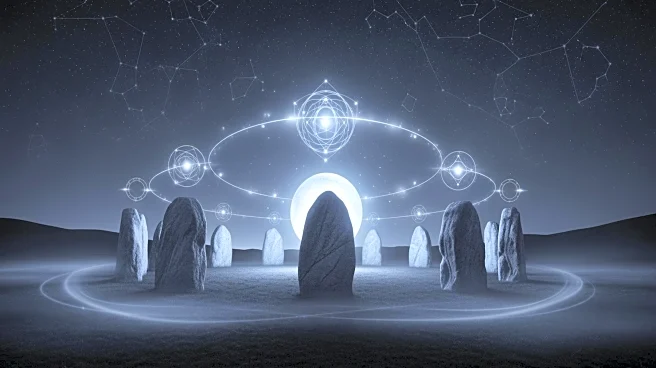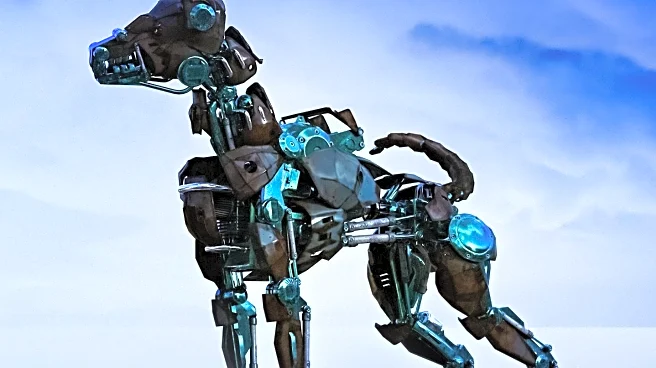Rapid Read • 8 min read
Ion Iliescu, Romania's first democratic leader, has passed away at the age of 95. He played a pivotal role in Romania's transition from communism to democracy following the fall of Nicolae Ceausescu's regime in December 1989. Iliescu became the interim president and led the dismantling of the oppressive regime. He was elected as Romania's president in 1990, winning the first democratic election in over 50 years. His presidency was marked by significant achievements, including Romania's integration into NATO and the European Union. However, his tenure was also controversial due to events like the suppression of protests in 1990 and the violent Mineriads, which have left lasting scars on Romania's collective memory.
AD
Iliescu's leadership was crucial in steering Romania through its fragile early years of democracy. His efforts in integrating Romania with Western institutions like NATO and the EU were significant milestones. However, his presidency also faced criticism for not fully breaking away from communist structures, which some argue contributed to ongoing political corruption in Romania. The legacy of his rule continues to influence Romania's political landscape, as the country grapples with issues of corruption and economic challenges. Understanding Iliescu's impact is essential for comprehending Romania's current position within the European Union and its ongoing struggles with governance and reform.
The passing of Ion Iliescu may prompt a reevaluation of his legacy and Romania's historical journey from communism to democracy. Political analysts and historians might explore the long-term effects of his policies and leadership style on Romania's current political and economic situation. Discussions around his role in the early 1990s bloodshed and his reluctance to reform the justice system could lead to renewed calls for addressing past injustices and implementing further reforms. Romania's path forward may involve balancing the achievements of Iliescu's era with the need for continued progress in governance and anti-corruption measures.
Iliescu's presidency highlights the complexities of transitioning from a totalitarian regime to a democratic society. His leadership embodied the contradictions faced by Romania as it sought to reinvent itself while dealing with the remnants of its communist past. The ethical and cultural dimensions of his rule, including the handling of protests and the influence of former communist figures, continue to shape Romania's political discourse. The country's struggle with corruption and poverty can be traced back to the foundational years of Iliescu's presidency, underscoring the importance of addressing historical legacies in shaping future policies.
AD
More Stories You Might Enjoy











